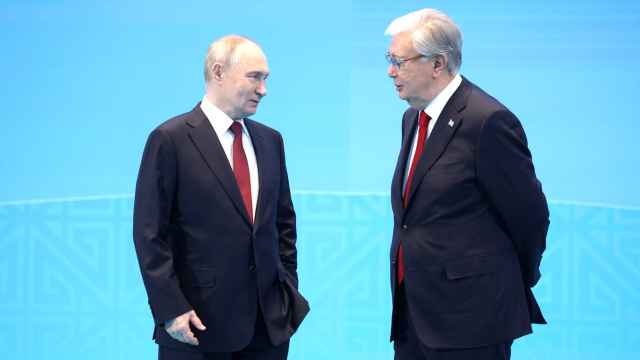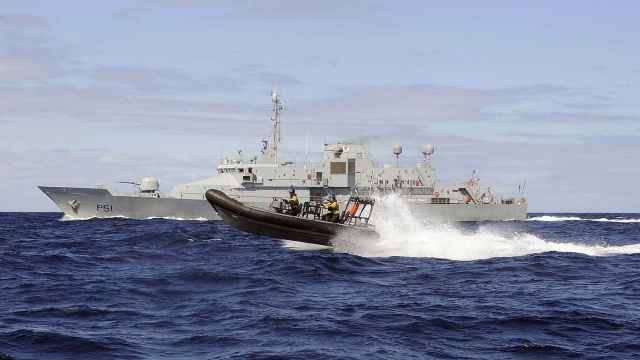For many years, it was said the next Chernobyl would be Chernobyl. The creaking sarcophagus seemed to be the world’s biggest risk of a civilian nuclear accident. Never in my worst nightmares did I think that Japan would have to deal with a Level 7 disaster at a nuclear power plant, which — like Chernobyl — would require setting up exclusion zones, moving hundreds of thousands of people from their homes, putting all national emergency plans into place and watching almost helplessly as radiation poured unseen into the surrounding environment.
Nuclear engineering and safety had moved so far from the Chernobyl design that the world could declare that nuclear energy was the safest form of power for our future. Then came the March tsunami, and our illusions were dashed. Now we see the impact of a civilian nuclear disaster on a country that is a world leader in disaster-resilient engineering. Japan has been brought to its knees by a few minutes of nature’s fury. Would nuclear-powered Britain, France, Pakistan or Armenia have been better prepared?
Although we look at Chernobyl and Fukushima with dread, we must also consider non-nuclear events such as the 1984 chemical disasters in Bhopal, India, or Hungary’s red sludge disaster in 2010. Our research shows that from 2000 to 2011, about 10,000 people have been killed and 500,000 directly affected by chemical, biological, radiological or nuclear disasters, where such data have been reported. (Chernobyl affected about 8 million people.)
There are currently more than 400 nuclear power reactors in 30 countries, and the number is expected to grow. If accidents are to be treated as an unavoidable risk, we must go all out to prepare for this. Experiences gained through past accidents need to be widely shared, as well as guidelines created for a global standard in accident response and agreements reached on the process of international cooperation.
People may say that humanitarian workers have no place in a nuclear disaster, that we have no voice in the debate. But as we have seen from Fukushima and 25 years after Chernobyl, the comfort we bring to survivors, the services we provide to evacuees and the long-term efforts to restore human dignity are as relevant as they are in our better-known responses in Haiti, Pakistan and other natural disasters.
Tadateru Konoe is president of the International Federation of Red Cross and Red Crescent Societies.
A Message from The Moscow Times:
Dear readers,
We are facing unprecedented challenges. Russia's Prosecutor General's Office has designated The Moscow Times as an "undesirable" organization, criminalizing our work and putting our staff at risk of prosecution. This follows our earlier unjust labeling as a "foreign agent."
These actions are direct attempts to silence independent journalism in Russia. The authorities claim our work "discredits the decisions of the Russian leadership." We see things differently: we strive to provide accurate, unbiased reporting on Russia.
We, the journalists of The Moscow Times, refuse to be silenced. But to continue our work, we need your help.
Your support, no matter how small, makes a world of difference. If you can, please support us monthly starting from just $2. It's quick to set up, and every contribution makes a significant impact.
By supporting The Moscow Times, you're defending open, independent journalism in the face of repression. Thank you for standing with us.
Remind me later.





